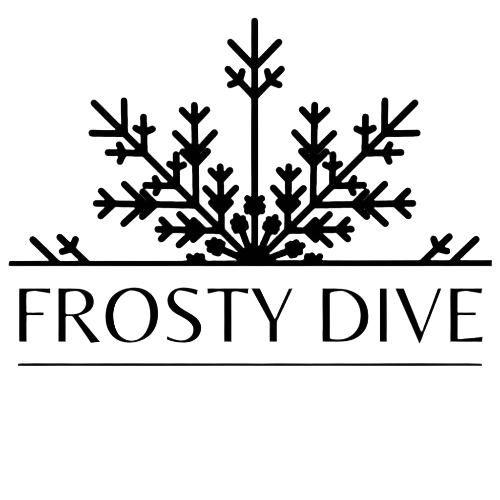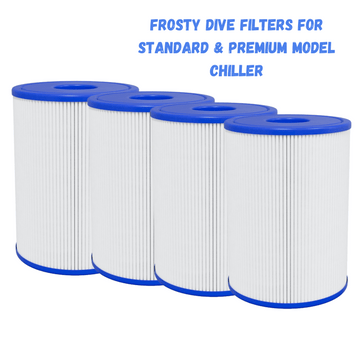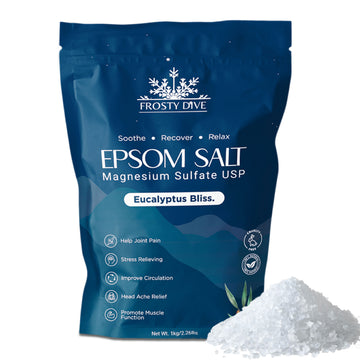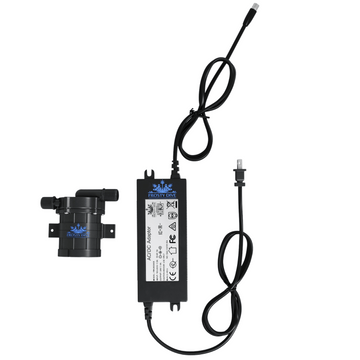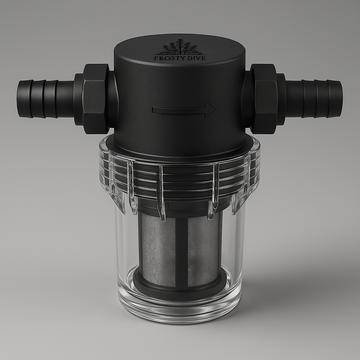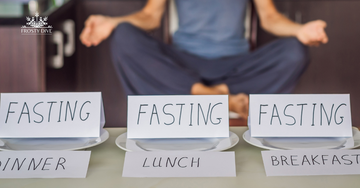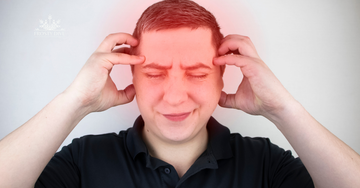Intermittent Fasting: My Honest Experience and What Actually Works
I’m 40, run my own business, and have always struggled to find time for my health. A year ago, I was tired, sluggish, and constantly relying on caffeine to keep up. Then I kept hearing about intermittent fasting — how it could boost energy, improve focus, and even help longevity.
At first, I thought it sounded miserable. But I decided to start small, listen to my body, and build it up gradually. Now I fast around four days a week, and it’s become one of the most powerful changes I’ve ever made.
🕒 Starting Slow — From Curiosity to Consistency
I began with a 12-hour fast (basically just not eating after dinner). It was manageable. After two weeks, I pushed to 14 hours, then 16:8 — meaning I fasted for 16 hours and ate during an 8-hour window (usually noon to 8 p.m.).
I didn’t count calories or do anything extreme. I just stopped snacking late at night and made sure my meals were clean — protein, healthy fats, and whole foods. By the end of the first month, I felt lighter, clearer, and oddly more in control of my appetite.
💧 Electrolytes and Hydration — The Game Changers
One thing I learned quickly: hydration is everything. During fasts, you lose sodium, potassium, and magnesium — especially if you work out or do cold plunges like I do. I started adding electrolyte drops (no sugar) to my water in the mornings and drinking black coffee or herbal tea if I needed a mental boost.
This simple habit stopped the headaches and dizziness I first experienced in week one. I felt steady, focused, and sharper than ever.
⚙️ The Positives
-
Energy: After two weeks, my afternoon crashes disappeared completely.
-
Focus: Mornings felt mentally clearer — no brain fog or caffeine dependency.
-
Discipline: Fasting taught me how much of my eating was just habit, not hunger.
-
Circulation & Recovery: Combining fasting with my Frosty Dive Ice Bath routine amplified results. Cold water therapy improves blood flow and metabolic function, which complements fasting’s fat-burning and inflammation-reducing effects.
When I plunge during my fasting window, I feel an instant rush of alertness — almost like resetting my nervous system.
⚠️ The Negatives
It’s not all perfect.
-
Social eating can be tricky — dinners out sometimes break my window.
-
The first week was rough — low energy, hunger pangs, and mild headaches.
-
If you push too hard, you risk fatigue or sleep disruption.
That’s why I recommend starting slowly and not fasting every single day.
Some people thrive with daily fasting; I found four days a week is the sweet spot for balance.
🧠 Final Thoughts
Intermittent fasting isn’t a punishment — it’s a reset. It taught me patience, awareness, and how powerful consistency can be. Combined with cold water exposure, it’s changed my energy, my focus, and how I show up every day.
I’m not saying it’s easy, but it’s worth it.
